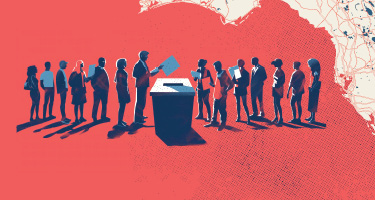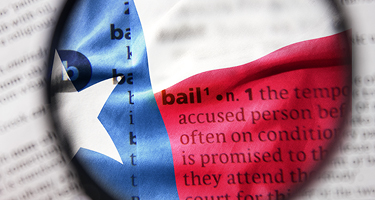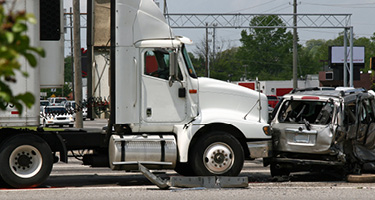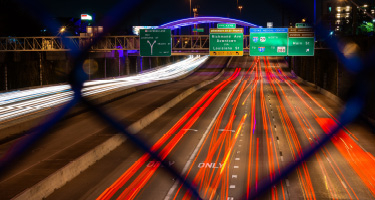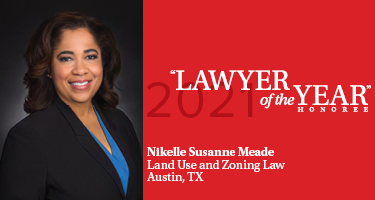This was originally published in our 2021 Texas Best Lawyers publication on June 17, 2021.
Texas is still feeling many of the aftereffects of 2020—especially stemming from the last election where our two-party political system is colliding on the topic of voting. For Democrats and left-leaning groups, Texas House Bill 6 and Texas Senate Bill 7 are viewed as threats to voting rights, particularly for historically marginalized Texans. They see it as an unnecessary government imposition in a state with already strict voting laws. For Republicans, especially those who have concerns about election fairness and integrity, the legislation represents greater security and increased penalties for anyone engaged in unlawful voting or registration.
Here is an overview of what is in these bills and how things are shaking out in the early phases.
TEXAS HOUSE BILL 6
This bill by Republican state Rep. Briscoe Cain, and being advanced by House Republicans, attempts to beef up election rules. It begins as follows:
It is the intent of the legislature that the application of this code and the conduct of elections shall be uniform and consistent throughout this state to reduce the likelihood of fraud in the conduct of elections.
The bill would set up new requirements for those assisting voters with disabilities or non-English speakers. It would also create stiff penalties for ballot harvesting activities, for election officials who violate new rules in the bill, or for anyone providing early voting and balloting materials to a person who did not submit an application for a vote by mail ballot. This includes anyone soliciting the submission of an application to vote by mail and distributing an application to vote by mail.
Critics of the bill have argued that the bill would disenfranchise racial and ethnic communities in Texas who might be more likely to require voter assistance. They point out that the bill makes the voting process for Texans with disabilities far more complicated and could possibly violate the federal Americans with Disabilities Act. There is concern too over the criminal laws related to election officials—including making it a felony to distribute unsolicited early voting ballots.
TEXAS SENATE BILL 7
Similar to House Bill 6, Senate Bill 7 is largely a response by Republicans to the voting initiatives that were taking place in Harris County during the 2020 election. Senate bill 7 would expand early voting hours in populations over 30,000 (currently 100,000). It also shifts voting hours, including a 12-hour cap on how long early voting can take place during the week.
Because of the lack of a public hearing, they have concerns that the controversial points in the original bill could return without the public having a voice in the matter."
Further, the bill outlaws drive through voting and requires voters to vote in a building as specified by current law. It also targets the number of polling locations using a formula that relies on the number of registered voters in each district—which could reduce the number of polling locations for majority Democrat communities. Like House Bill 6, Senate Bill 7 sets rules in place for vote by mail, expanding access for poll watchers, and greater security around vote ballot tracking and surveillance.
WHERE ARE THEY NOW?
Currently the Texas House elections committee re-worked Senate Bill 7 and replaced much of the language with portions of House Bill 6—leading to quite a bit of division between Texas House and Senate Republicans. Meanwhile House Democrats on the committee are objecting on several grounds, mostly related to voting rights and especially around the lack of a public hearing, which occurred for House Bill 6 but is not expected to happen for Senate Bill 7. Because of the lack of a public hearing, they have concerns that the controversial points in the original bill could return without the public having a voice in the matter.
If the rewritten bill is approved by the House, it will go to a conference committee to be hashed out between the two chambers. But only time will tell what will land on the governor’s desk.


